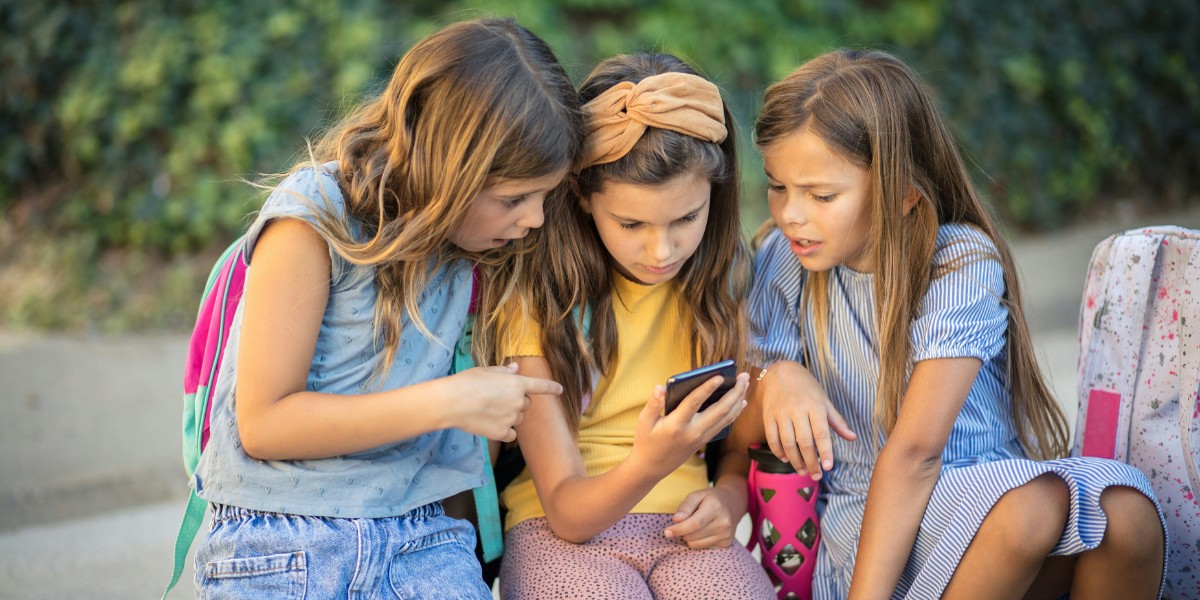Social media has become a huge part of everyday life, especially for young people. From the moment they wake up to when they go to bed, platforms like Instagram, TikTok, and X shape the way they see the world, interact with others, and even understand themselves. The influence social media has on young minds is undeniable, and it impacts everything from mental health to how they form relationships and make decisions. But how deep does this influence really go?
Read also: How Often Are You on Social Media? Understanding Your Habits
How Does Social Media Affect Mental Health in Young People?
One of the most discussed topics when it comes to social media’s impact on young people is its effect on mental health. There’s no denying that scrolling through social feeds can lead to feelings of comparison, loneliness, or even anxiety. It’s easy to get caught up in the polished, perfect versions of other people’s lives that flood our screens, and for young minds still learning how to navigate the world, this can be especially challenging.
While social media can create a sense of connection and community for many, it can also leave others feeling isolated or inadequate. The constant barrage of posts showing people having fun, achieving success, or looking perfect can be overwhelming. For some, this can lead to poor self-esteem, body image issues, or anxiety.
At the same time, social media can be a lifeline for others. It can provide spaces where young people can connect with others who share similar experiences, struggles, or interests. These online communities can help alleviate feelings of isolation, offering a sense of belonging that might be harder to find in person. Still, like anything, it’s about finding a healthy balance and not letting the virtual world replace real-world connections.
How Does Social Media Influence Young People’s Sense of Identity?

During adolescence, forming an identity is a huge part of development. Young people are figuring out who they are, what they like, and where they fit in. Social media plays a big role in this process. Through posts, comments, and interactions, young people experiment with different identities and personas. Social platforms give them the freedom to explore and share parts of themselves that they might not feel comfortable revealing in face-to-face situations.
But there’s also a downside. The pressure to conform to trends, present a certain image, or gain approval through likes and comments can lead young people to question who they really are. The image they present online may not always match the person they are offline, and the quest for validation through social media can sometimes make it hard to stay grounded in reality.
What’s more, young people may struggle to navigate the blurred line between online personas and real-life identities. They might start to believe that who they are online is who they should be, which can be confusing, especially when dealing with the challenges of growing up and figuring out what truly matters to them.
Can Social Media Shape Young People’s Academic Performance and Career Choices?
It’s not just about social lives, social media also impacts the way young people approach their education and career. Platforms like YouTube, LinkedIn, and even Instagram are more than just spaces for social interaction; they also offer endless opportunities for learning. Many young people turn to social media to learn new skills, explore academic topics, or find motivation to study.
Social media can also expose young minds to different career paths and industries they may not have considered before. Whether it’s through influencers in various fields, educational videos, or networking opportunities, young people can use social media as a tool to discover what excites them and what they might want to pursue professionally.
However, this can be a blessing and curse. On one hand, seeing successful people sharing their journeys can inspire young people to set higher goals. On the other hand, social media’s portrayal of success can sometimes be unrealistic. The flashy posts about achievements, money, and fame can distort young people’s expectations about what it takes to succeed. And for some, social media can become a major distraction, leading them to spend time scrolling instead of focusing on their studies or career goals.
How Does Social Media Impact Relationships and Social Behavior?
Social media has reshaped the way young people interact with others. Communication is instant, and relationships, whether friendships, romantic relationships, or even family connections, are affected by the constant connectivity that social media provides. While social media makes it easier to keep in touch, it can also make communication feel more superficial.
In many cases, young people rely more on digital communication than face-to-face interaction, which can affect the quality of their relationships. Online conversations lack the nuances of in-person communication, like body language or tone of voice, which can lead to misunderstandings or miscommunications.
Romantic relationships are especially affected by social media. The ability to share personal details online can blur the lines between private and public life. Some young people might feel pressure to broadcast their relationship status or overexpose personal moments, which can lead to jealousy or insecurity.
In addition, social media allows for an easy way to connect with people who share similar interests, and in many cases, these online friendships can be just as meaningful as offline relationships. However, there’s always the risk of young people becoming overly reliant on their digital friendships and neglecting face-to-face interactions, which can leave them feeling lonely or disconnected in real life.
Read also: Navigating Health Misinformation: Tips for Social Media Users
What Are the Long-Term Effects of Social Media on Young People?

It’s still too early to say what the long-term effects of growing up with social media will be, but there’s no doubt it will leave a lasting imprint. As social media continues to evolve, so too will the ways it impacts young people. On one hand, social media has opened up opportunities for creativity, learning, and personal growth. It’s given young people a platform to express themselves and connect with others on a global scale.
But on the other hand, the long-term effects on mental health, attention spans, and social behaviors are still unfolding. Issues like privacy, online safety, and the ability to distinguish between online and offline identities will become even more important as young people grow older. These digital natives will need to develop strong critical thinking skills and a healthy relationship with technology to navigate the challenges that lie ahead.







